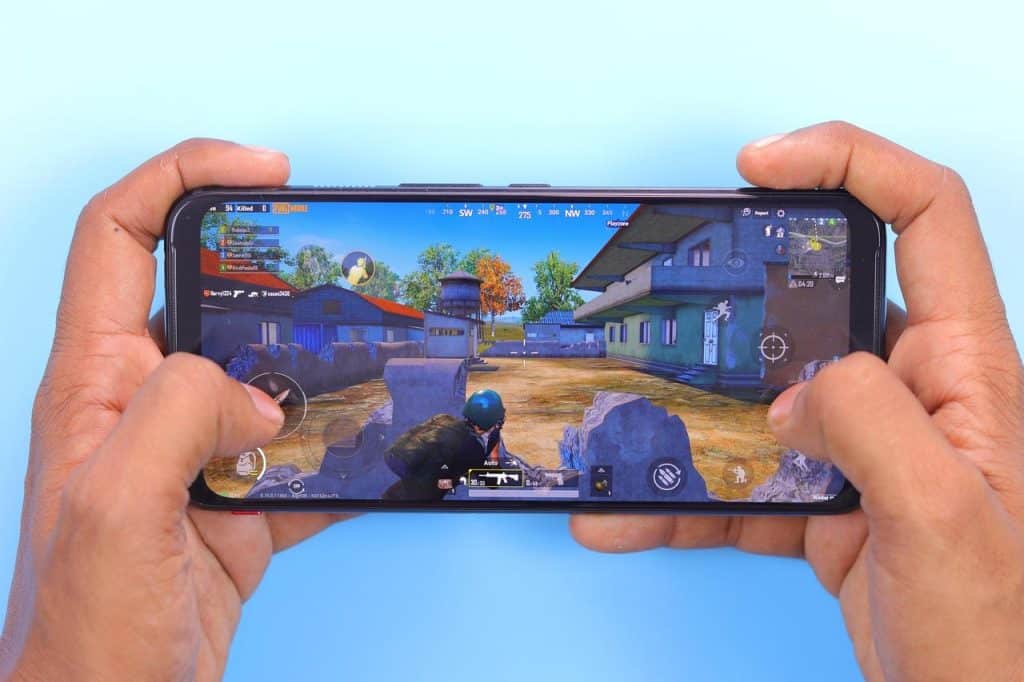Gamers don’t need to be stuck at a desk or with a console in hand. Bridging the gap, laptops were the original alternative to bulky computer setups and consoles. Still, the demand for even smaller gaming devices meant that technology needed to adapt, and now we have mobile gaming and compact PCs. Each of these options comes with its own benefits and draws. Compact PCs are liked for the hardware being well-designed within a small frame. On the other hand, mobile gaming offers instant access. Both are associated with being portable, but each device offers a completely different experience, so which is best?
Compact PCs Offer Power Without the Bulk
Small form factor PCs have changed how people think about gaming setups. A few years ago, the idea of packing desktop performance into a box smaller than a toaster seemed far-fetched. Now, systems like the Intel NUC or ASUS ROG series handle demanding titles at 60 frames or more. That kind of performance doesn’t travel lightly, though. You’ll still need a:
- Screen
- Mouse
- Keyboard
They fit in a backpack, yes, but not a jacket pocket. For players who move between rooms or travel occasionally, they strike the right balance between power and size.
Mobile Gaming is Great for Everyday
Mobile gaming, meanwhile, has turned downtime into game time. It’s not just about shooters or puzzle apps anymore. Many players spend short breaks exploring online casinos for real money, taking advantage of bonuses like free spins and cashback deals. Players also get access to faster withdrawals and different payment methods like crypto or regular fiat currency. The appeal is obvious when it comes to mobile gaming, as there’s no setup, no waiting, just play. Everything happens on one device that also handles texts, videos, and social media. That level of convenience has made mobile gaming the most common way people play today.
Cost and Practicality
Most people already own a smartphone capable of gaming with a console. That alone gives mobile gaming a head start. A compact PC, even a budget-friendly one, is an extra expense. It doesn’t stop there. You need a display and input devices, too. For serious gamers, that cost might feel justified. For casual players, it’s not. Still, compact PCs offer better long-term value since you can upgrade parts over time. Phones, no matter how expensive, age fast and rarely last beyond a few update cycles.
Customization and Longevity
That’s where compact PCs really stand out. You can swap out a graphics card, double your storage, or add cooling fans when needed. Every piece can be replaced or improved. Mobile gaming devices are the opposite. Once the performance drops, that’s it. You move on to a new phone. Gamers who enjoy building or tweaking their setups find compact PCs far more rewarding. They grow with you, rather than being replaced by the next model release.
Lifestyle and Portability
How you play depends on how you live. Compact PCs are for those who travel but still want a near-desktop experience. Mobile gaming fits people who want entertainment in short bursts, like waiting for coffee, sitting on a flight, or winding down at night. Compact PCs are portable in the sense that you can carry them; mobile gaming is portable because you already do. That subtle difference is what separates them.
Conclusion
Some players chase visual quality; others want the freedom to play anywhere. Compact PCs cater to performance seekers who care about hardware and upgrades. Mobile gaming appeals to those who value convenience above all else. Both win in their own ways. The real winner depends on what you expect from your time on the screen.
